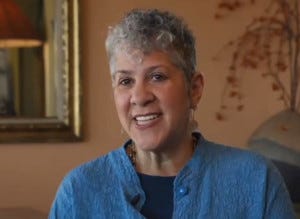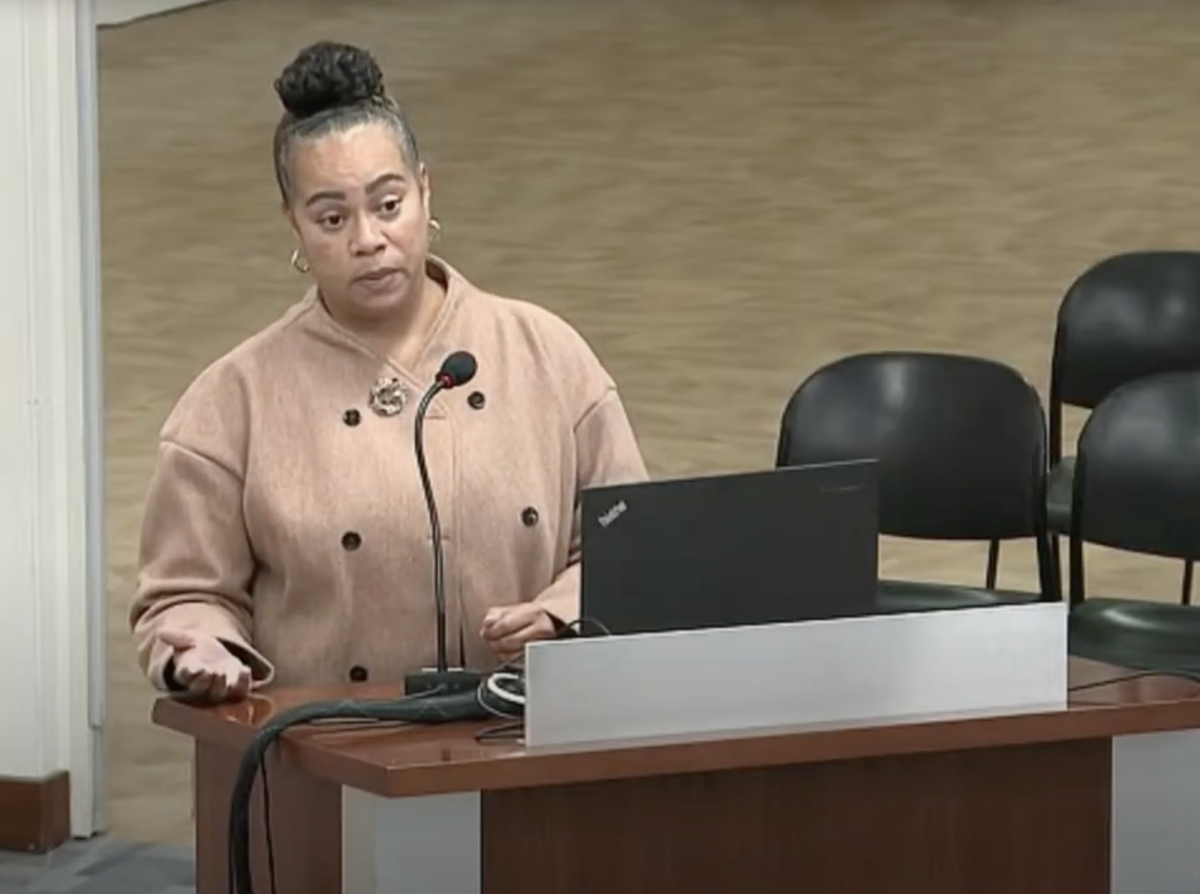Swaths of people filed into the Laney Forum on Sept. 13 to catch a glimpse of the latest documentary film.
At 10 a.m. on a Friday, arguably a community college’s sleepiest time of the week, students arrived with varying degrees of enthusiasm: some sitting in the front rows of the auditorium, next to the large groups of faculty with pens in their hands, others in the back, enjoying a free breakfast while chatting languidly with their peers.
Some arrived to filmmaker Dr. Shakti Butler’s forum of their own volition. Others needed enticing with promises of extra credit. Nevertheless, Dr. Butler’s latest film entitled “Cracking the Codes” inspired visceral conversations throughout the auditorium as people recounted their most poignant memories colored by the concept of race.

The filmmaker began with a declaration: “Every single person in this room brings a gift. In fact, we bring many.”
Snippets of Butler’s film reintroduced complicated racial concepts through the personal perspectives of widely acclaimed activists, artists, poets, and educators, many of whom are Oakland natives. Artist and poet Ise Lyfe, as well as anti-racist activists Peggy McIntosh and Tim Wise were among them.
Social Worker and Author Dr. Joy DeGruy recounted an experience many in the audience could relate to. Her sister-in-law, whose skin was so light she could “pass” for a white woman, stood in line in front of her at the grocery store and bought her groceries with a check in less than a minute.
But when DeGruy attempted to pay for her items with a check as well, the cashier took two forms of ID, and then proceeded for run them through tiers of security, immediately suspecting her of writing bad checks.
“If I can’t be curious about your experience, then we can’t link arms and begin to have the conversations that bring change,” she said.
In between segments, Butler encouraged the audience to discuss these concepts amongst each other, regardless of their own races or levels of familiarity with the people they were sitting next to.
By the end of the screening, members of the audience were telling their own tales of race and privilege.
One woman described her sister growing up under the growing scrutiny and criticism of her mother, who seemed to resent her for having a lighter skin tone than the rest of her siblings. Only after she “darkened up” did her mother finally accept her.
In the end, the event could have used an additional hour in the Forum; half a dozen hands were still in the air, waiting to join in the discussion, when the allotted time had reached its end.
If Butler’s goal was to remove cultural barriers and leave her audience uninhibited and free to discuss race amongst each other, that’s one indication that she had certainly succeeded.
Copies of “Cracking the Codes” are available at www.crackingthecodes.org, or preview the film for free on the Youtube channel “WorldTrustTV.”

























